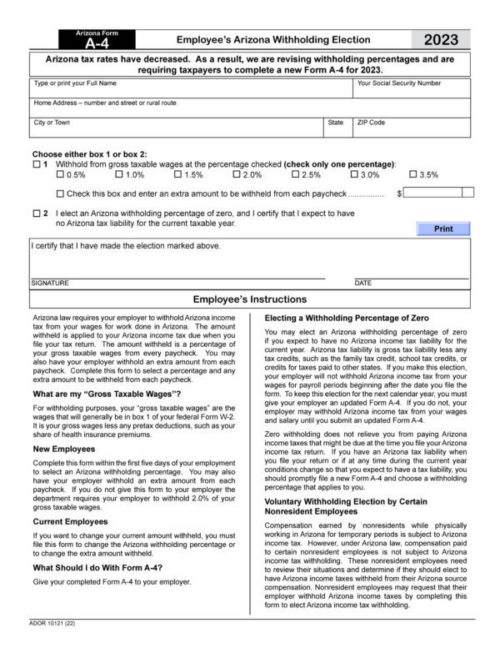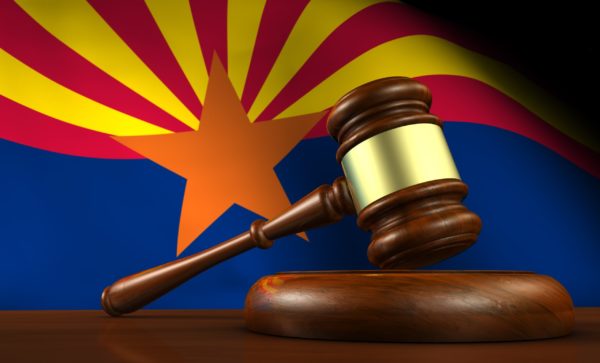
Preparing for April 15, 2025
The next April 15 filing date may seem far away. You should start thinking about gathering information prior to April 15, 2025.

The next April 15 filing date may seem far away. You should start thinking about gathering information prior to April 15, 2025.

If you are running a company, you may be experiencing a lot of uneasiness. What are the thoughts or issues chief financial officers (CFOs) are facing today?

Arizona’s Individual Income Tax Withholding Form, Arizona Form A-4, has been updated to reflect Arizona’s lower individual income tax rates. By January 31, 2023, every Arizona employer is required to make this form available to its Arizona employees.

Some people believe an easy way to avoid probate is to add your children to your bank accounts and deed. This strategy may not work as planned.

ADOR issued guidance for taxpayers who are affected by the recent Maricopa County Superior Court ruling striking down the surcharge imposed by Proposition 208. Taxpayers who have already filed do not need to amend their tax returns.

What are some common tax myths and facts about filing taxes? If you file a tax extension, do you still need to pay taxes owed? Are minor children required to pay taxes on income?

Tax years are based on annual accounting periods where you keep records and report income and expenses. A tax year may not be a calendar year. Discover the annual accounting periods you may or may not adopt.

Many people believe tax deductions and credits are the same. Tax deductions reduce your taxable income, but tax credits reduce your tax bill dollar for dollar. Knowing how they work can help you understand your tax situation.

January 31 is a significant date for businesses to perform certain tasks and start preparing for their tax filings. Businesses should keep in mind that state taxing authorities have their own set of due dates. It is never too early to work with your accounting and payroll staff to make sure your end-of-year reporting is accurate and timely.

As 2021 comes to a close, it is a good time to create a tax checklist for items needed to file individual and business taxes.

With remote and hybrid work arrangements, employers should be very deliberate when communicating and executing policies relating to an employee’s work location. Individual taxpayers need to be familiar with tax laws in their resident state and businesses should be aware of tax laws in all states they operate.

The American Opportunity Tax Credit and the Lifetime Learning Credit can offer tax savings for higher education. Tax savings may be available for you, your spouse, or your dependents taking postsecondary coursework.